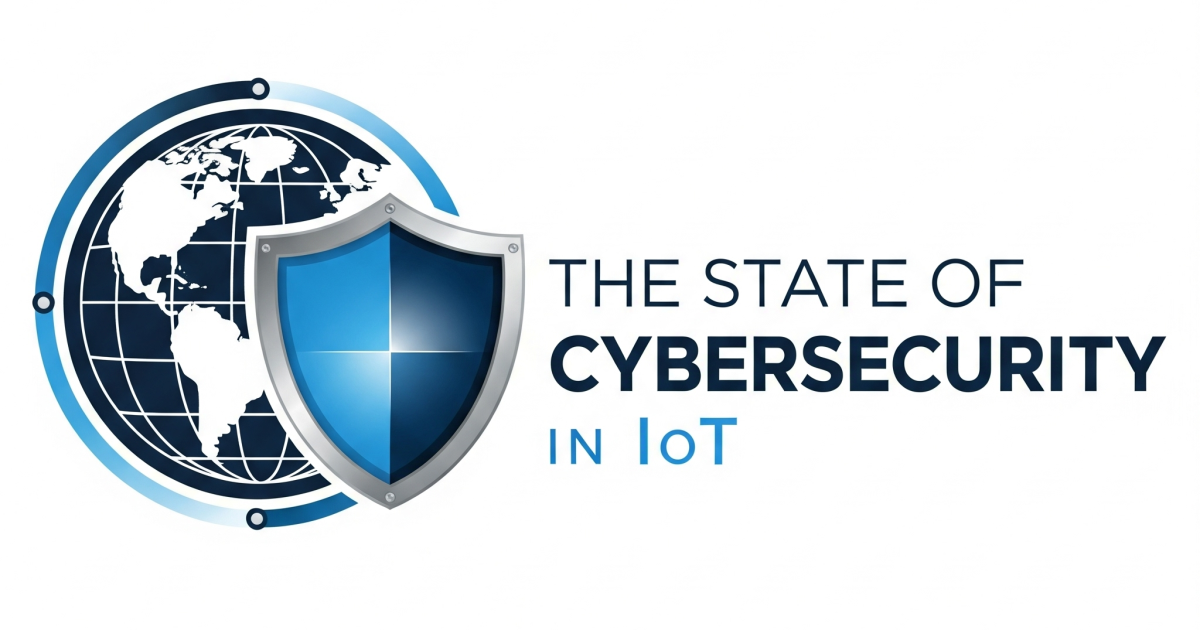At a Sparks Summit conference, Ido Karvanay, Big Data Architect, Intel, spoke to the attendees about the work that Intel and the Michael J. Fox Foundation (MJFF) have done to continue the research of Parkinson’s disease through develop data analytics wearables.
Parkinson’s disease is a degenerative disorder of the central nervous system mainly affecting motor functions. Currently, there are 1 million Parkinson’s Disease patients and one out of 100 are over the age of sixty. There isn’t a known cure for Parkinson’s disease.
Intel and the Michael J. Fox Foundation hope to change this. “Nearly 200 years after Parkinson’s disease was first described by Dr. James Parkinson in 1817, we are still subjectively measuring Parkinson’s disease largely the same way doctors did then,” said Todd Sherer, PhD, CEO, The Michael J. Fox Foundation. “Data science and wearable computing hold the potential to transform our ability to capture and objectively measure patients’ actual experience of disease, with unprecedented implications for Parkinson’s drug development, diagnosis and treatment.”
These analytics-enabled wearables are tech-enabled solutions like watches and smartphone apps that gather relevant data about Parkinson’s disease from the patients, analyze that data to identify patterns and make generalizations, use insights gained to accelerate the development of therapeutic breakthroughs, and potentially help find a cure for the disease.
“The variability in Parkinson’s symptoms creates unique challenges in monitoring progression of the disease,” said Diane Bryant, SVP and GM, Data Center Group, Intel. “Emerging technologies can not only create a new paradigm for measurement of Parkinson’s, but as more data is made available to the medical community, it may also point to currently unidentified features of the disease that could lead to new areas of research.”
One of the top challenges that Parkinson’s disease specialists encounter is acquiring a normal day’s results from their patients. “One of the main challenges is subjective measurement,” Karvanay said. Doctors don’t get a clear idea of a patient’s symptoms because they only see them once a month or so, causing the patients’ symptoms to spike due to nervousness or apprehension while visiting their physician.
Intel and the Michael J. Fox Foundation will continue their collaboration together as more information, results, and data is collected.
Edited by
Ken Briodagh





